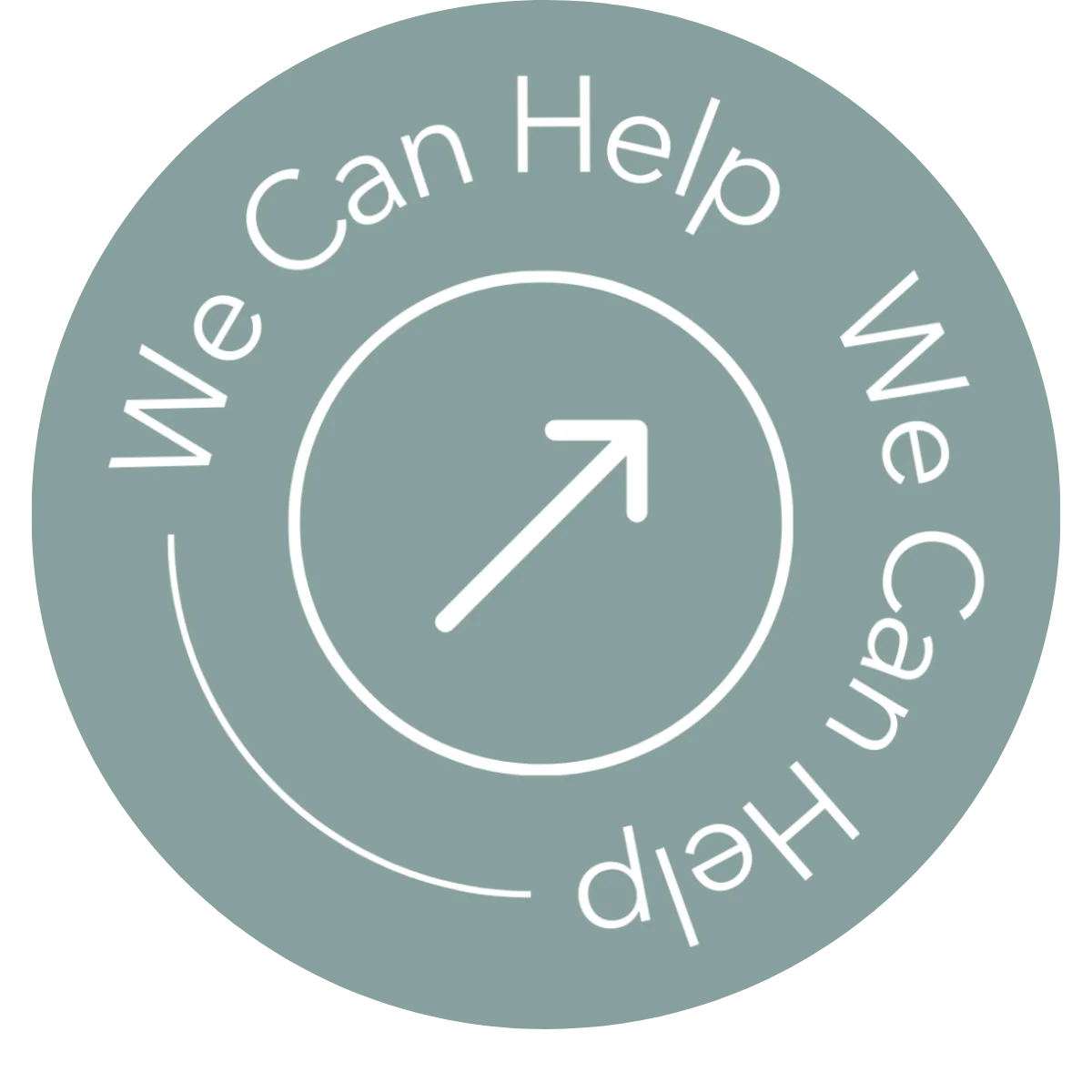Outpatient Opioid Treatment and Rehab Centers Near Me
What Is Opioid Addiction?

Symptoms of Opioid Addiction
- Cravings: A strong desire or compulsion to use opioids.
- Loss of Control: An inability to regulate or control opioid use.
- Tolerance: A need for increasingly higher doses of opioids to achieve the desired effects.
- Withdrawal: Unpleasant physical and psychological symptoms when opioids are not used.
- Neglect of Responsibilities: Prioritizing drug use over work, school, or social and family obligations.
- Continued Use Despite Harm: Using opioids despite experiencing negative consequences like health problems, legal issues, or strained relationships.
- Reduction in Social and Recreational Activities: Giving up or reducing important social, occupational, or recreational activities because of opioid use.
- Failed Attempts to Quit: Repeated efforts to quit or cut down on opioid use without success.
When Should Individuals Seek Treatment for Opioid Use Disorder?
What Options Are Offered?
Key Advantages of Outpatient Opioid Treatment vs. Inpatient Rehabilitation
Flexibility
- Work
- School
- Family responsibilities
Cost-Effectiveness
Inpatient rehabilitation programs are often more expensive than outpatient options. This is due to the cost of 24/7 care and accommodation.
Greater Autonomy
Outpatient programs provide people with the opportunity to practice their recovery skills in their everyday environment. This can enhance self-reliance and self-management, which are valuable skills for long-term recovery.
Lower Stigma
Some people may be hesitant to enter inpatient rehab due to concerns about the associated stigma. Outpatient treatment can be more discreet and may reduce the fear of judgment from others.
Continuity of Support
Gradual Reintegration
Access to Community Resources
- Local support groups
- 12-Step programs
- Community resources
Less Disruption
Choosing Appropriate Treatment
- The severity of the addiction
- The person’s level of motivation
- Their support system
- Their unique needs
Pros and Cons of Attending Outpatient Opioid Treatment
- Circumstances
- Needs
- Priorities
Pros of Attending a Rehab Near You
Here are some benefits of attending outpatient opioid treatment close by:
Convenience
Family Support
Community Resources
- Community resources
- Support groups
- Local services
Ease of Transition
Reduced Stigma
Employment and Education
Cons of Attending a Rehab Near You
Triggers and Temptations
Lack of Privacy
Limited Program Options
- Treatment programs
- Approaches
- Specialties
Distractions
Influence of Enablers
Geographical Relapse Risk
Culturally Relevant Factors to Consider When Seeking Outpatient Opioid Treatment
Cultural relevance in addiction treatment is crucial to ensuring that patients feel respected, understood, and supported during their recovery journey. At Ethos Wellness, we understand the importance of culturally relevant treatment.1
Cultural Competence
Language Services
Cultural Sensitivity
- Dietary restrictions
- Religious practices
- Cultural traditions
Inclusivity
Support for Family and Community Involvement
Tailored Treatment Plans
Diverse Staff
Community Connections
Therapeutic Approaches in Outpatient Opioid Treatment
Medication-Assisted Treatment (MAT)
Cognitive-Behavioral Therapy (CBT)
CBT is a widely used therapeutic approach. It helps people identify and change negative thought patterns and behaviors related to addiction. It also teaches coping strategies and relapse prevention skills.
Motivational Interviewing (MI)
Dialectical Behavior Therapy (DBT)
Group Therapy
Group therapy sessions provide a supportive environment where people can share their experiences, challenges, and successes with peers who are also in recovery. It fosters a sense of community and provides social support.
Individual Therapy
Family Therapy
Trauma-Informed Care
Holistic Therapies
- Yoga
- Meditation
- Mindfulness practices
Addressing Co-Occurring Mental Health Issues in Outpatient Opioid Treatment
Many people with opioid addiction also struggle with co-occurring mental health issues, making treatment more complex.
- Depression
- Anxiety
- Bipolar disorder
- Post-traumatic stress disorder (PTSD)
Dual Diagnosis Assessment
Medication Management
Individualized Treatment Plans
- Counseling
- Therapy
- Behavioral interventions
Integrated Therapy

Outpatient Opioid Treatment at Ethos Wellness
Evidence-Based Treatment
- Medication-assisted treatment (MAT)
- Individual and group therapy
- Counseling
Culturally Relevant Care
Holistic Care
Relapse Prevention
Community Connections
Family and Community Involvement
Education and Outreach
- Opioid addiction
- Prevention
- Treatment options
Contact Ethos Wellness Today
Ready to take the first step toward recovery? Contact us today for personalized outpatient opioid treatment and support. Your journey to wellness begins now.
Resources
- https://www.ncbi.nlm.nih.gov/pmc/articles/PMC4220306/
- https://www.ncbi.nlm.nih.gov/books/NBK64095/#:~:text=Culture%20is%20important%20in%20substance,influenced%20by%20a%20client’s%20culture
- https://www.webmd.com/mental-health/addiction/breaking-an-addiction-to-painkillers-treatment-overvew
- https://nida.nih.gov/publications/effective-treatments-opioid-addiction


